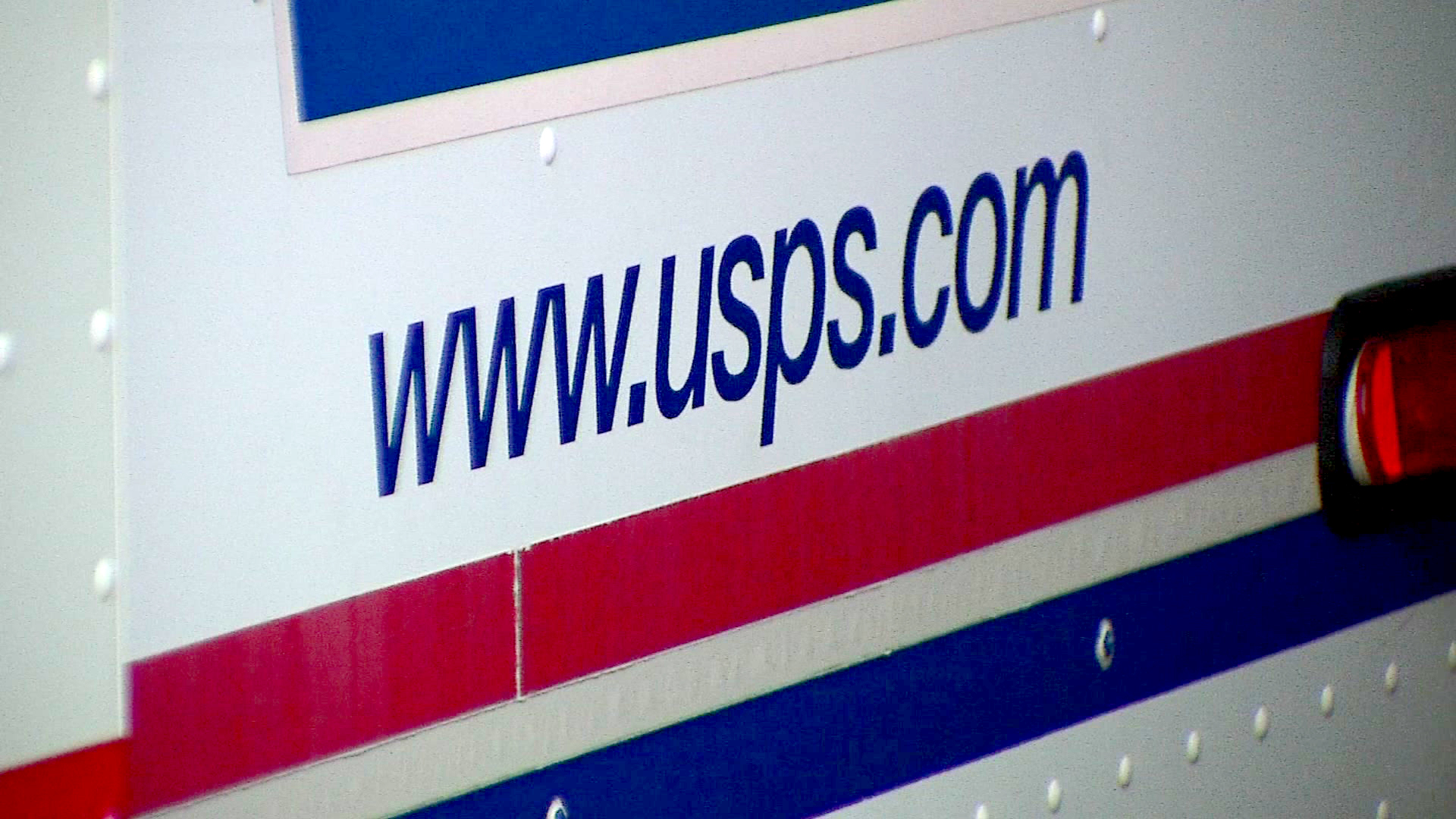As the number of coronavirus cases in Massachusetts ticks upward, some local health officials say that the challenge of enforcing COVID-19 restrictions has laid bare structural issues in the state's public health framework that long pre-date the pandemic.
In early August, Gov. Charlie Baker paused the state's economic reopening in response to the recent rise in cases, lowering outdoor gathering size limits from 100 people to 50 and giving state and local police authority to enforce coronavirus-related orders. His order also clarified that state restrictions apply to all gatherings, whether on public or private property.
Get Boston local news, weather forecasts, lifestyle and entertainment stories to your inbox. Sign up for NBC Boston’s newsletters.
But on the local level, responding to COVID-19 complaints has proved difficult in some cities and towns, testing the capacity and resources of municipal health departments.
According to Cheryl Sbarra, executive director of the Massachusetts Association of Health Boards, it's a challenge exacerbated by the wide variation in resources available from community to community.
Unlike many states that have county-level public health infrastructure, each of the Bay State's 351 cities and towns has its own Board of Health. And though some money has come to municipal health departments specifically to bolster their COVID response, local departments do not receive annual funding directly from the state, she said.
"We have budgets in some municipalities that are so tiny they don't even have one full-time staff person, and then we have other health departments that are very well staffed and can take a lot of this added burden," Sbarra said. "But I would guess that all health departments right now are really struggling, because now not only do we have the pandemic, we also have flu season, we have reopening, we have EEE that's rearing its ugly head."
Local
In-depth news coverage of the Greater Boston Area.
In Northampton, where staff have been receiving up to 25 COVID-related complaints per day, officials used CARES Act funding to hire a full-time staff member just to handle the complaints, according to Public Health Director Merridith O'Leary. About 60 to 70 percent of the complaints are typically related to people not wearing face coverings in businesses or public areas, she said.
The city issued its first fine for violating a face covering order this month, to a local retail store.
"I'm hoping that we can get to a place where we catch up on the backlog of complaints, and then we can start doing more proactive compliance checks based off of industry specific requirements, both state and local," O'Leary said.
Officials said their preferred strategy for responding to complaints is through education, with verbal and written warnings to help businesses and individuals understand the state"s guidance and what is expected of them. When compliance issues persist, municipalities can issue fines, or go to court for an injunction to enforce public health orders.
Tracking gatherings
Baker's revised order on gatherings authorizes health officials to issue civil fines of up to $500 per violation, while a previous order on the state's phased re-opening allows fines of up to $300 per violation for workplace restrictions, such as mask requirements. Local health officials also have the power to shut down businesses for which they are the licensing and permitting authority.
"We are not about punishing; we're about compliance, and that's what we want is compliance. So fining is really a last resort, if you will, but if necessary, that's a strategy that can be used," Sbarra said. "But it's not the go-to strategy -- the go-to strategy is education and outreach and having that available."
But some small communities don't have the bandwidth to apply for federal CARES funding to support their efforts in responding to complaints, Sbarra said.
And a bump in financial resources doesn't always address a municipality's needs; Samuel Wong, public health director in Framingham, said that though the city recently received funding to hire additional public health nurses, officials couldn't find qualified applicants to fill the positions.
"If we had funded public health adequately for many years, then we might be in the position to have the capacity to respond better," Wong said. "Because public health, especially at the local level and to some extent at the state level as well, has always been underfunded."
In state discussions of local enforcement, Baker has recently put the spotlight on large informal gatherings as a source of COVID-19 transmission. But targeting such gatherings has also been a challenge, local health officials told the News Service, with evidence of these events often showing up on social media after the fact.
"More often than not, we don't get direct reports of there being a gathering taking place," said John Fralick, director of public health in Saugus. "If the police are called, the police respond and we would go off the police reports, because they would be the first responders in that regard."
In the rural communities of western Massachusetts, the impact of outdoor recreation on the rate of spread has been of particular concern. On a given weekend, some towns may see an influx of up to 3,000 people coming to the area to take advantage of local waterways for recreation, said Randy Crochier, regional health agent for the Franklin County Regional Council of Government's Cooperative Public Health Service.
Many of those rural communities have limited local public health infrastructure, so the Cooperative Public Health Service, a regional health department serving 13 Franklin County towns, has been a significant asset to small towns in northwestern Massachusetts throughout the pandemic, Crochier said.
"Prior to forming the district, I had been sitting on my local Board of Health for a lot of years. And much like a lot of towns in Massachusetts, we didn't have a health department," he said. "So I would have been doing a full-time job and then trying to keep up with COVID at the same level that I'm doing now, which would have been just impossible."
State support
Local public health staff are hopeful that the recently created COVID Enforcement and Intervention Team, which involves multiple state agencies and will provide support to communities designated as higher-risk, will relieve some of the pressure on small health departments.
O'Leary noted that municipalities have already turned to the state for help in some situations, such as the case of a Northampton brewery that was open in violation of state restrictions. The owners believed the city was targeting their business and took to social media to rally support, O'Leary said, so she reached out to the Department of Labor Standards for assistance.
"I said, can you assess their business and let them know whether or not they can be open? And they sent them a cease and desist letter, and unfortunately they still blamed the city of Northampton for it," O'Leary said. "So we do have support there."
While Sbarra agrees that the state has done a good job providing support to local officials, she said the pandemic has also been eye-opening for Boards of Health across Massachusetts.
"We need to be looking at ways where we can really forge ahead together instead of forging ahead separately," she said. "Trying to staff up 351 single Boards of Health is proving to be not, at least from my perspective and from a lot of my colleagues' perspective, not the most efficient way of addressing a pandemic."
Last month, municipal leaders representing 53 cities and town sent a letter to Baker and senior administration officials "drawing attention to the danger that is posed to the entire state by our fractured and inconsistent structure," according to the Massachusetts Public Health Association.
"We have witnessed firsthand the impact that COVID-19 has had on our cities and towns, and have watched as our municipal health officials have fought to keep our residents safe," mayors, town managers, and selectboard members wrote. "However, the ability of our local boards of health and health departments to respond to the pandemic has been hampered by a fractured system. These challenges have led to inequities in public health protections for residents in cities and towns across the state, and they put the entire state at risk, particularly as it comes to re-opening and reinvigorating our economy."
In April, Baker signed a new law aimed at strengthening the local and regional public health system, in part by ensuring that all members of the local public health workforce have access to essential training.



